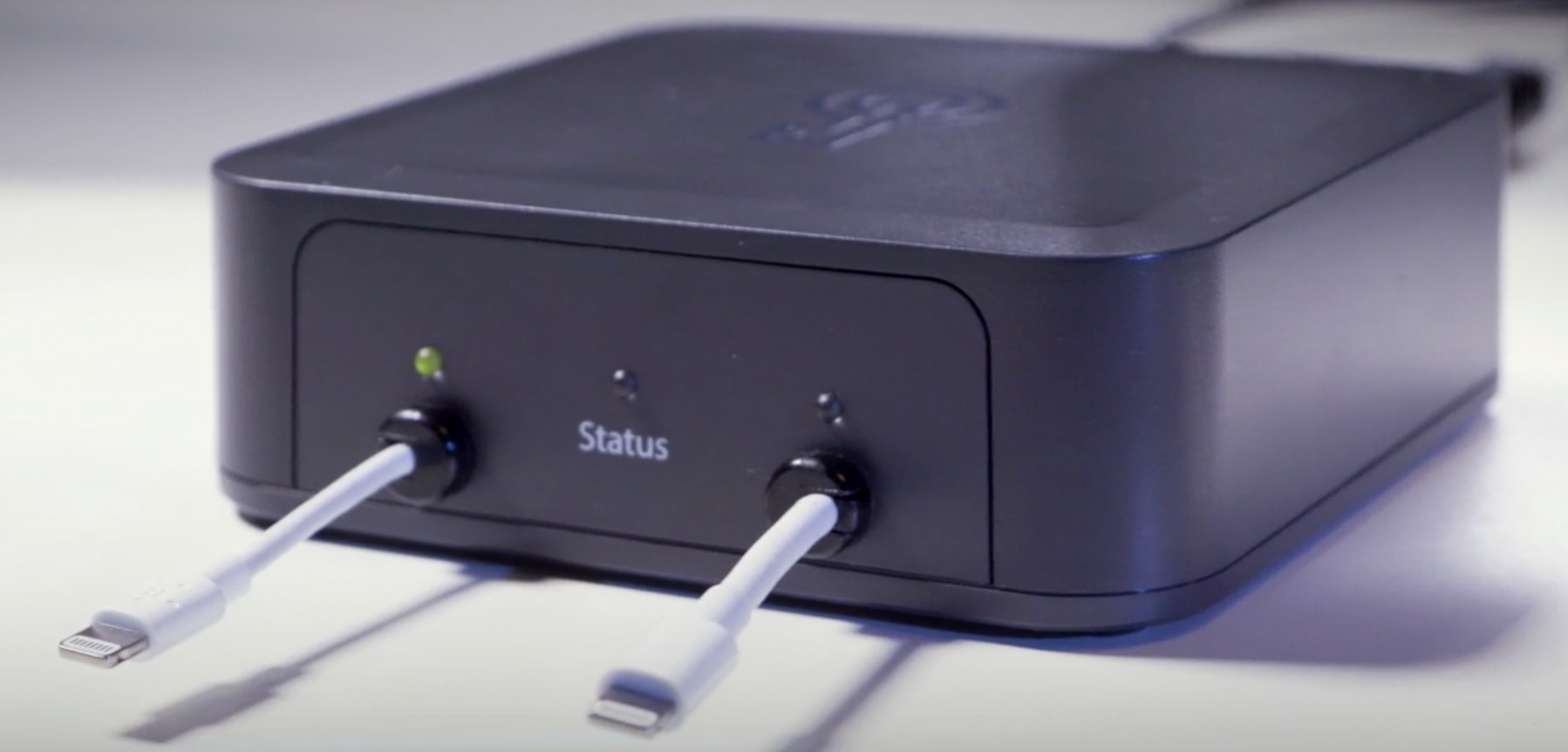Decrypted: Grayshift raises $47M, Apple bugs under attack, video game maker hacked
The election is over, but not without a hitch or two. Some voters in Georgia and Ohio had to use paper ballots after hand sanitizer leaked into voting machines — an unexpected casualty of the pandemic. And a slew of robocalls across a number of swing states urged voters to “stay safe and stay home,” in an effort to disenfranchise voters from going to the polls. With record voter turnout, there’s little evidence to show it worked.
But we saw nothing like the hack-and-leak operations like we did four years ago, which delivered an “October surprise” that derailed the election for Hillary Clinton, despite winning the popular vote by three million votes.
Government officials and cybersecurity firms said there were no significant or damaging cyberattacks during Election Day. One Homeland Security official called it “another Tuesday on the internet,” but conceded there was still cause for concern in the election aftermath.
With the bulk of the votes counted, government officials pointed to the threat of “foreign influence” campaigns — or misinformation — that would try to cast doubt on the election results. In reality, much of the false and misleading claims ended up coming from inside the White House as the Trump administration tried to cling onto power. After being caught out four years ago, the social media giants put into place measures and policies that limited the spread of false news — including Trump’s repeated attempts to claim victory.
Fears that the 2020 election could turn into a national, or even an international security matter did not come to fruition. The U.S. is in a better place than it was four years ago by simply learning the lessons from Russia’s efforts to interfere with the election. Imagine where we could be in another four?
Since you, like us, were glued to the television screens last week, here’s more from the week you might have missed.
THE BIG PICTURE
Grayshift, the maker of phone unlocking tech, raises a Series A round
Grayshift, the secretive startup behind the U.S. government’s favorite phone unlocking technology, has raised $47 million in fresh funding. The Series A round was led by PeakEquity Partners, and — as first reported by Forbes — is a huge round for a little-known phone forensics firm.

One of only a few photos of the mysterious GrayKey phone unlocking devices. Image Credits: Malwarebytes
Grayshift exploded onto the mobile forensics scene in 2018, months after the company began quietly selling its proprietary GrayKey technology to federal agencies for about $15,000 each. The FBI and other agencies use their purchased GrayKey devices to break into encrypted phones without needing the passcode.
Powered by WPeMatico